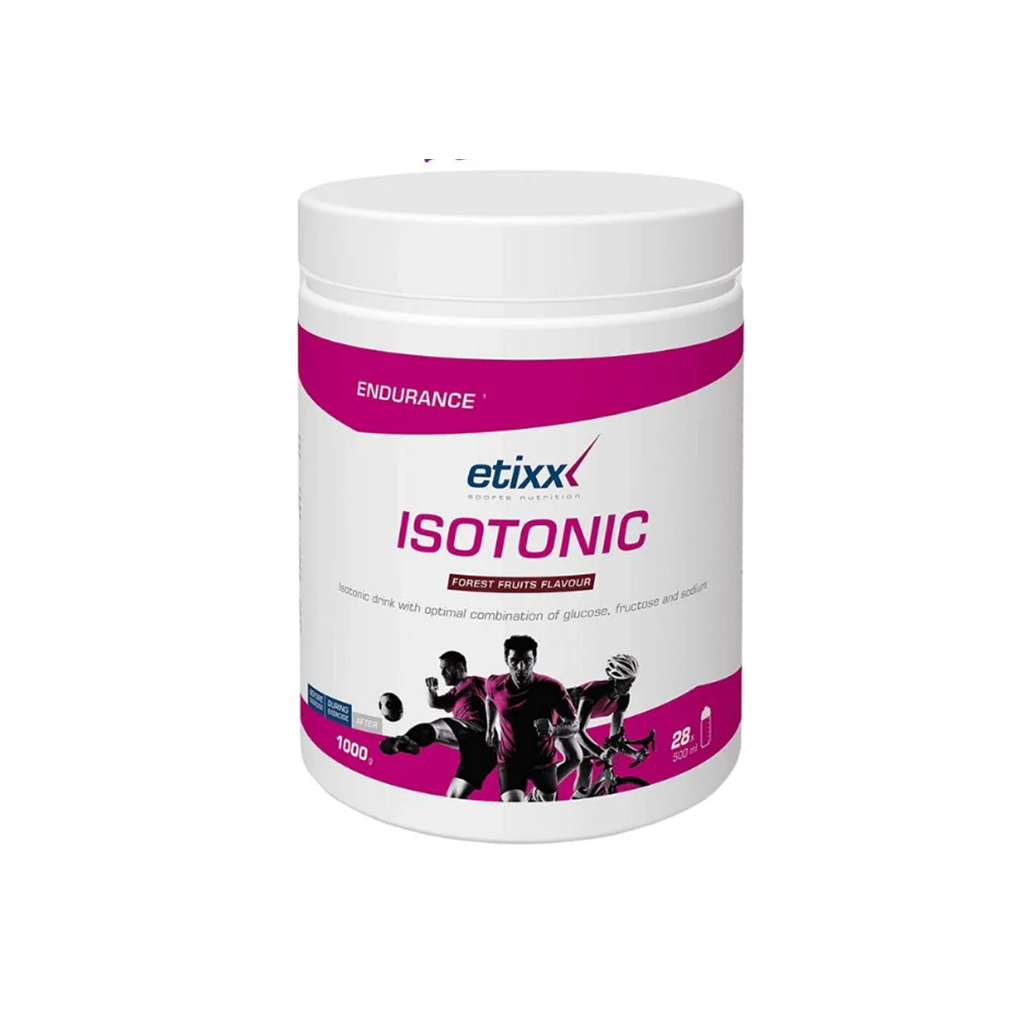
Rp690 441.00
Best Before Nov 2026
5 in stock
During exercise, your body sweats to regulate body temperature. Losing fluids during exercise can affect performance in an adverse way, which is why athletes are encouraged to drink water to replace lost fluids in order to compensate. Not only that, but when we sweat we lose key electrolytes such as potassium and magnesium which are essential for performance. They must also be replaced to encourage moisture retention and stimulate thirst.
It is also important to note that performance during prolonged exercise is dependent on the availability of muscle glycogen, so taking in carbohydrates during exercise can be beneficial for replenishing fuel stores, which is helpful when exercising for a long period of time. If no carbohydrates were consumed during prolonged or intense efforts, muscle glycogen stores would be depleted shortly. 90 min. The amount of carbohydrate you should take during exercise depends on the length of the session or event.
Exercises < 1h(15):not necessary to consume carbohydrates during exercise .
Exercise 1-2h:30 g carbohydrates per hour exercise.(~500 ml Isotonic)
Exercise 2-3 h:60 g carbohydrates per hour exercise.(~1 L Isotonic)
Exercise >2.5-3h: up to 90 g carbohydrates per hour exercise. (~Up to 1.5 L Isotonic)
The Etixx Isotonic contains maltodextrin and fructose. Research has shown that consuming multiple sources of carbohydrate can increase fuel absorption into the body as they use different transporters to cross the intestinal wall (Jeukendrup 2010)1.
Therefore, during exercise, this would provide your body with more fuel in a shorter time than the ingestion of one sugar alone.
In the Etixx Isotonic formula, maltodextrin to fructose is 2:1. This has the advantage of:
More consumed carbohydrates are oxidized
The stomach will empty faster
Fluid absorption is higher
GI complaints are less likely to occur.
| Expiry | October 2023, Dec 2023 |
|---|---|
| Bundle | Twin pack, Triple Pack |
©2024 All Rights Reserved. WellbeingSG. Site by firefish.

Enjoy free shipping when you spend $60 or more on your order.
Enter Voucher Code: firstorderdiscount